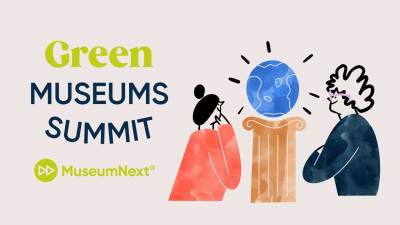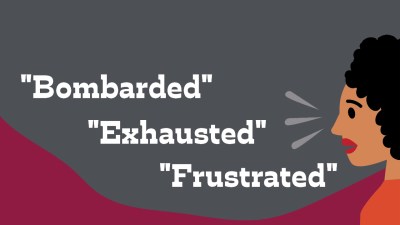Back in 2007, when I started writing CFM’s business plan, I looked for other futures-oriented organizations to adopt as models for our work. One of the first I came across is KnowledgeWorks, a nonprofit dedicated to exploring and helping to create the future of education. Their trends analysis, forecasting and scenarios has been immensely helpful in our exploration of how museums can help shape the next era of learning. Katherine Prince, Senior Director, Strategic Foresight at KnowledgeWorks, has become a valued partner in CFM’s work. In today’s guest post, Katherine previews their upcoming 10-year forecast, to be released in November.
The future is not a fixed point. It is ours to create.
Every three years, KnowledgeWorks publishes a comprehensive forecast on the future of learning. We take a step back from what’s happening in education today to consider how the world is changing and how major forces of change might impact learning.
There are always a host of possibilities for how museums and other learning providers across the education spectrum might channel those forces of change to create better opportunities for young people and deliver more fully on their missions. As we have explored with the Center for the Future of Museums through its “Building the Future of Education” convening and report, we see great potential for diverse learning ecosystems to put learners at the center of flexible value webs to which many kinds of organizations and individuals might contribute.
Our next forecast suggests that the stakes for finding effective approaches to learning will only get higher as the pace of change accelerates over the next decade. The trailer below previews some of the questions that we will all be facing as new ways of living, working, and learning emerge as a result of exponential changes in digital technologies.
Over the next decade, our lives will become so inextricably linked with our digital companions that we expect to find ourselves living as partners in code. This new era promises to change learning dramatically, affecting the ways education prepares learners and the reasons individuals pursue learning in the first place.
“The Future of Learning: Education in the Era of Partners in Code,” will highlight five drivers of change contributing to this shift along with provocations suggesting how they might impact learning. Among them:
- The potential to design for flow states that engage learners at their most personal and deepest levels
- Increasingly fluid school structures that push beyond traditional organizational constraints and limited customization
- A heightened interest in artisanal education options that fit individual values and lifestyles
- A potential redefinition of readiness as the changing nature of work brings to the fore a societal debate about the role of people in the workplace.
To stay tuned for more, you can sign up to receive an alert when the forecast comes out in November.
Skip over related stories to continue reading article









Comments